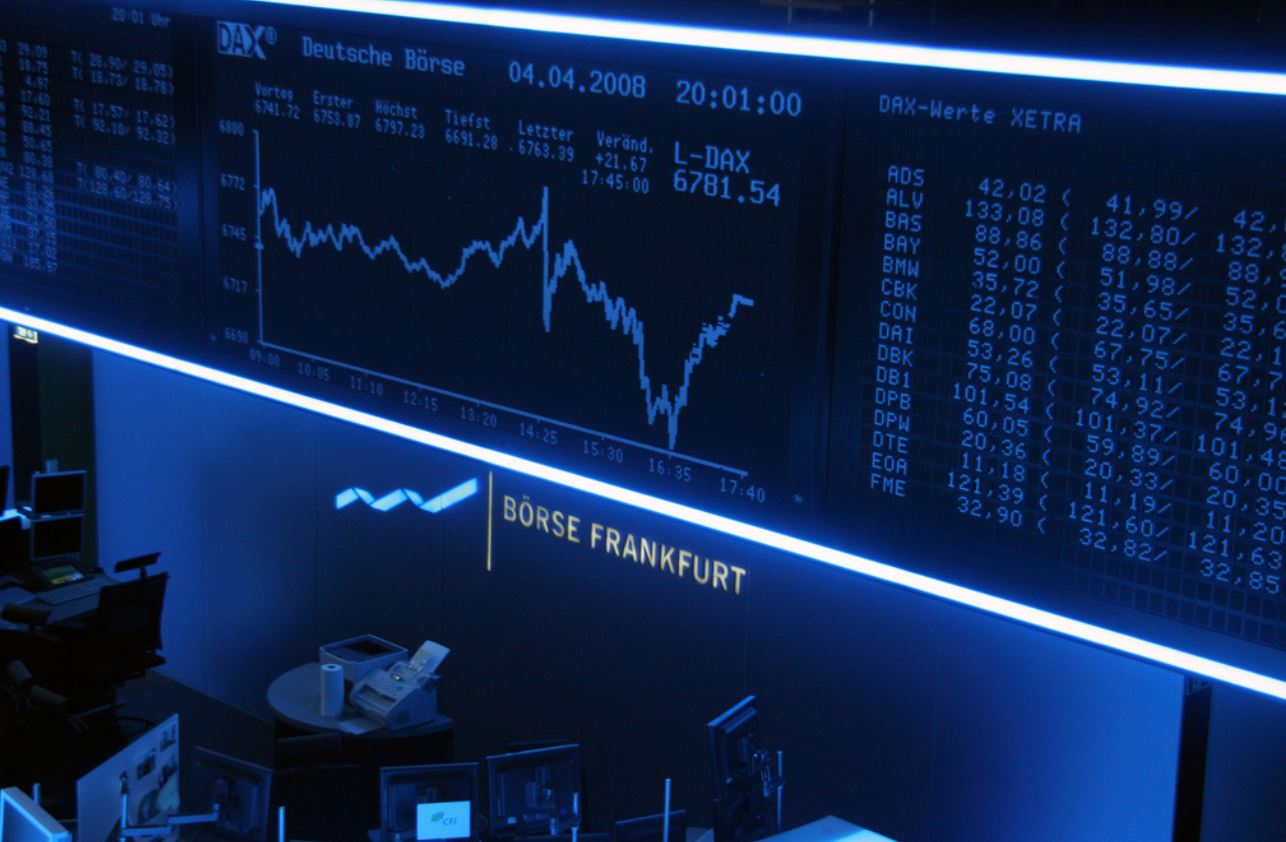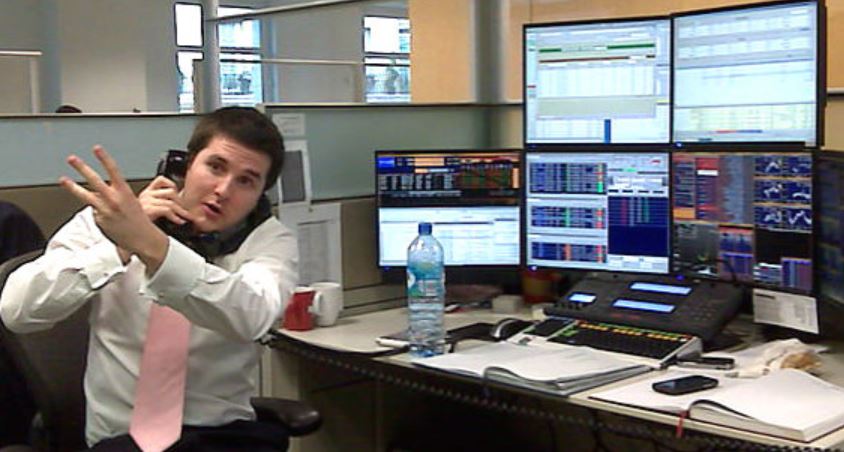Unravelling Stock Market Jargon So You Can Make Millions
2016.02.05
Sometimes, it seems like bankers and investors have deliberately made the stock market confusing. It’s almost like it’s an exclusive club with its own language, excluding most people from getting involved. On the surface, that is exactly what has happened. However, peel away the layers of weird lingo and impenetrable jargon, and it’s easier than you think. There is money to be made on the markets for anyone, not just bankers! Today, we’re opening the doors, and breaking down some of the confusing terms used on the market.

image credit
Dow Jones - The Dow Jones Industrial Average is the oldest stock index in America. Oh, there we go again, using more stock market lingo. An ‘index’ measures the average and overall movements of a group of stocks. In the case of the Dow Jones, it tracks the prices of 30 of the biggest US companies. It is referred to as the ‘industrial’ average because it includes most of the old traditional industries (banks, mining etc.)
S&P 500 - As if there weren’t enough indices to confuse you, here’s another. The S&P 500 is a collection of the 500 largest companies on the New York Stock Exchange (NYSE). It includes companies from the Nasdaq and the Dow Jones, making it an all round indicator. Some investors call it the most accurate depiction of overall stock activity.
FTSE 100 - This is the UK’s equivalent of the S&P 500. It’s the 100 top companies in the country, all grouped together as one. It’s the UK’s best indicator of prices and stock movements.

image credit
Forex - Forex is a whole different ball-game to stocks and shares. It’s short for ‘foreign exchange’, and it deals exclusively in currency. When you go on holiday, you change dollars for euros, and vice-versa. There’s an exchange rate involved, and this fluctuates. By trading currencies at just the right time, you can make money from the exchange rates. This is called Forex trading.
‘Put’ and ‘call’ - These two words can simply be exchanged for ‘sell’ and ‘buy’. Why were they changed? Don’t ask. When you ‘call’ a stock, you are buying it. This is also referred to as ‘going long’. When you ‘put’ a stock, you are selling it (or betting on its decline). This is also referred to as ‘going short’, or ‘shorting’ a stock.
Bull and bear market - You hear these phrases on the news all the time, but what does it mean? Quite simply, a bull market is going up (like a bull forcing its horns up). Meanwhile, a bear market is going down (like a bear charging with its head down).
That’s all, folks. Now you can watch the news and actually understand what they’re talking about.
image credit
Dow Jones - The Dow Jones Industrial Average is the oldest stock index in America. Oh, there we go again, using more stock market lingo. An ‘index’ measures the average and overall movements of a group of stocks. In the case of the Dow Jones, it tracks the prices of 30 of the biggest US companies. It is referred to as the ‘industrial’ average because it includes most of the old traditional industries (banks, mining etc.)
Twitter: one of the big players on the Nasdaq (image credit)
Nasdaq - The Nasdaq Composite is another index, this time comprised of 3,000 companies. It tracks the average share price of all 3,000 companies, so it’s a good indicator of how the market is doing overall. The Nasdaq is the newest composite, and includes all the biggest tech companies. It’s the most modern index, including the likes of Apple, Google, Netflix, and Facebook.S&P 500 - As if there weren’t enough indices to confuse you, here’s another. The S&P 500 is a collection of the 500 largest companies on the New York Stock Exchange (NYSE). It includes companies from the Nasdaq and the Dow Jones, making it an all round indicator. Some investors call it the most accurate depiction of overall stock activity.
FTSE 100 - This is the UK’s equivalent of the S&P 500. It’s the 100 top companies in the country, all grouped together as one. It’s the UK’s best indicator of prices and stock movements.
image credit
Forex - Forex is a whole different ball-game to stocks and shares. It’s short for ‘foreign exchange’, and it deals exclusively in currency. When you go on holiday, you change dollars for euros, and vice-versa. There’s an exchange rate involved, and this fluctuates. By trading currencies at just the right time, you can make money from the exchange rates. This is called Forex trading.
‘Put’ and ‘call’ - These two words can simply be exchanged for ‘sell’ and ‘buy’. Why were they changed? Don’t ask. When you ‘call’ a stock, you are buying it. This is also referred to as ‘going long’. When you ‘put’ a stock, you are selling it (or betting on its decline). This is also referred to as ‘going short’, or ‘shorting’ a stock.
Bull and bear market - You hear these phrases on the news all the time, but what does it mean? Quite simply, a bull market is going up (like a bull forcing its horns up). Meanwhile, a bear market is going down (like a bear charging with its head down).
That’s all, folks. Now you can watch the news and actually understand what they’re talking about.
More Articles
Copyright © Fooyoh.com All rights reserved.